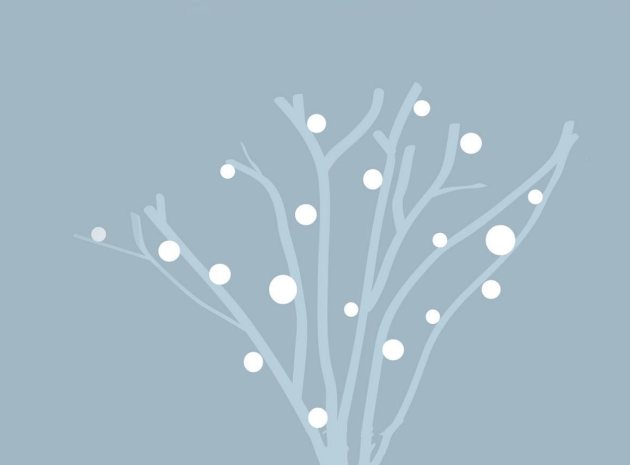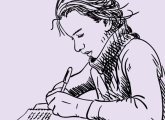Who can keep up with the government’s plans for education? Not me, that’s for sure, and every new initiative to ‘raise standards’ makes me want to weep, as an ex-teacher, a parent, and also as a writer hoping to get kids turned on to books simply for the pure joy of it. I look at Scandinavian school models, with their progressive approaches to teaching and consistently high attainment levels, and I wonder why those in power don’t just talk to teachers and talk to parents, and (shock horror!) talk to students about what might work better in terms of creating a stimulating learning environment because what’s happening now in schools is just not working. We have teachers who are overstretched and burning out, schools turning into little hot houses, and children totally turned off learning.
As a writer for young people, school visits are an integral part of the work I do. And what do I see? What do I hear? Firstly, I meet many, many children who haven’t time to read for pleasure or who simply say they don’t like books. And worse than that, I meet teachers who haven’t the time to read for pleasure either. These are English teachers – people who went to university to study literature because of a deep-rooted passion for words. And now? They are overloaded with marking and planning and testing, testing, testing.
And what is it that our Education Minister Nicky Morgan wants to test? Well, what she really wants to do is have children (as young as seven) analyse a text and give the ‘correct’ answers to questions they deem important about pieces of literature which they had nothing to do with writing. So a question such as “Why did the writer use a simile in the second line of the third stanza?” to me, as a writer, is horrendous. I don’t always know why I make particular decisions about my work and yet the government wants to get children to do it – to read our minds!
Mind games
Yet this isn’t even the real problem. The problem is that reading poetry and novels has started to become a purely intellectual pursuit. And this is where we do our young people a disservice. In schools, poetry particularly is often chopped up into small pieces. Students are asked to explain poems. To dissect. To master. And surely this is the easiest way to kill anything for young people. Because that’s not how art should be approached. We don’t look at paintings and begin by chopping them up. We don’t listen to music in bite-sized chunks and get teenagers to explain away the melody. With most other art forms we allow people to respond emotionally first and foremost. We allow people to be led by their hearts. This is the purpose of art; to draw out our humanity by provoking emotion. And yet when it comes to poetry we don’t allow this. We want to know what it all means and if we can’t comprehend it entirely, we have somehow failed. What better way to put people off something than by telling them they aren’t smart enough for it? What better way to put kids off poetry for life?
I find this so sad, because I truly believe that poetry belongs to everyone. Why do I believe this? Well, poetry is the first language we speak. When we were toddlers we could string together rhymes and songs long before we could articulate feelings or desires. It was how we learned to talk. One, two, three, four, five/Once I caught a fish alive… Poetry is built into our DNA.
Perhaps those who write the National Curriculum would like us to believe that literature belong to them, but it doesn’t. When we feel books and poetry slipping out of our hands, and out of the hands of our children, we must snatch them back. We must encourage kids to write poems and read them for pleasure’s sake. And above all, we mustn’t let them be afraid. We must let them explore and discover and ignore Nicky Morgan and the others who want to tell us that we are doing it wrong or that we just don’t get it because, you know what, we actually do; we understand it all perfectly, and we always have done.
About the author
Sarah Crossan trained as an English and Drama teacher at Cambridge University and worked to promote creative writing in schools before leaving teaching to write full time. She is the author of several books for teenagers, including her latest, One (Bloomsbury, £10.99), which is her second written in verse form.









